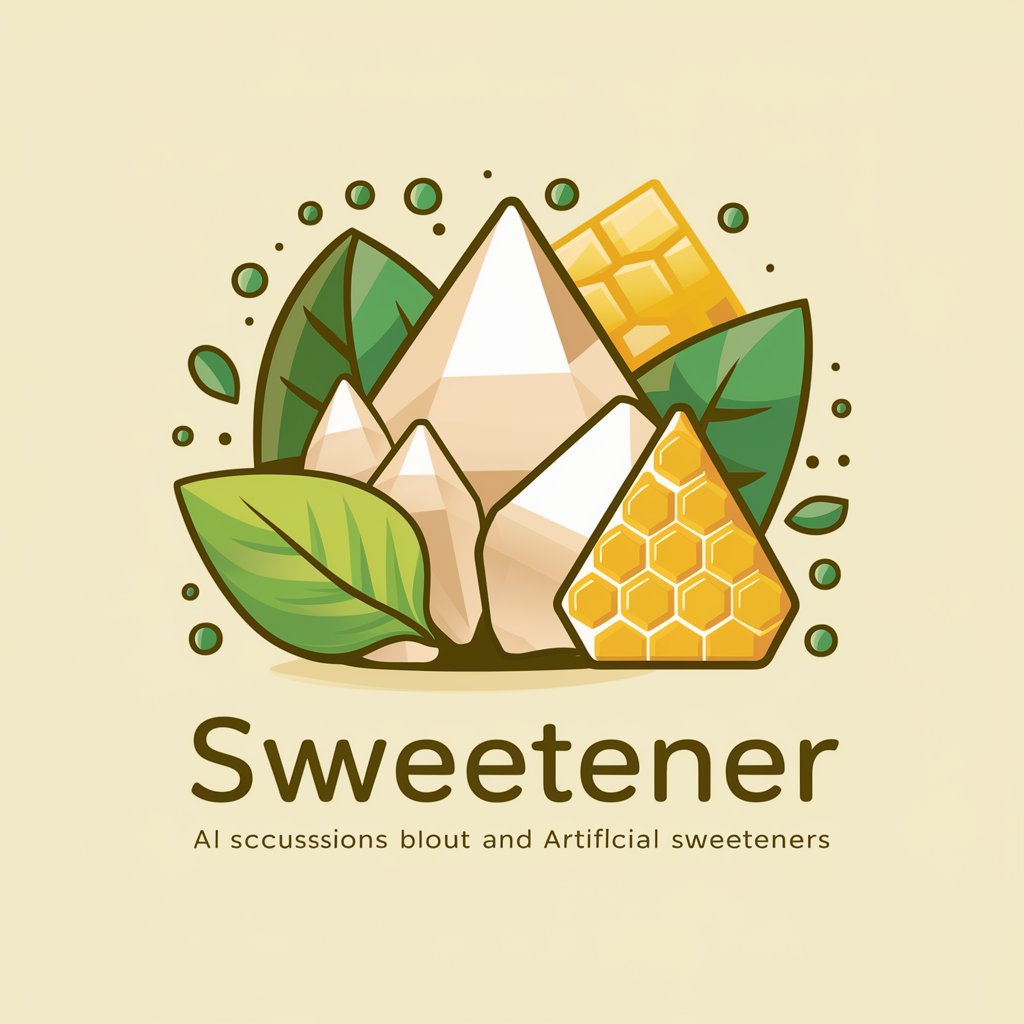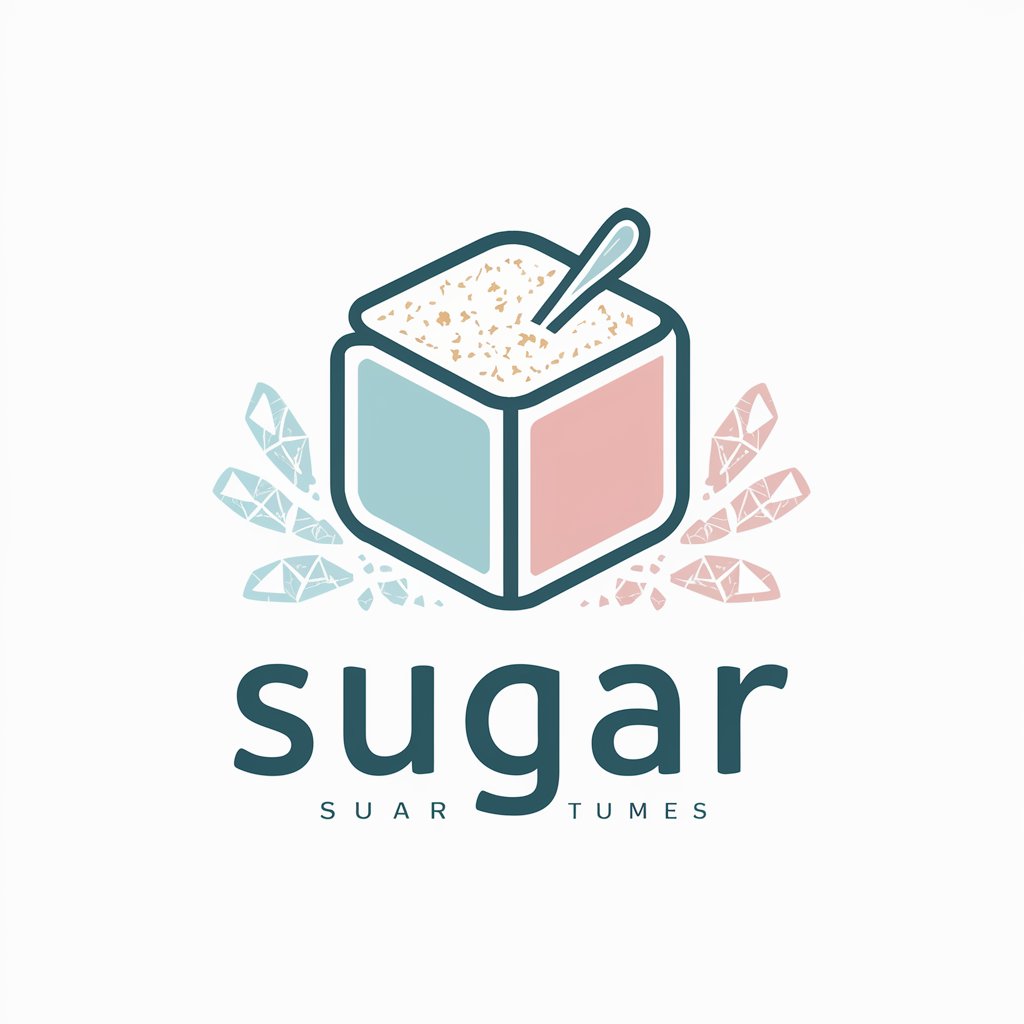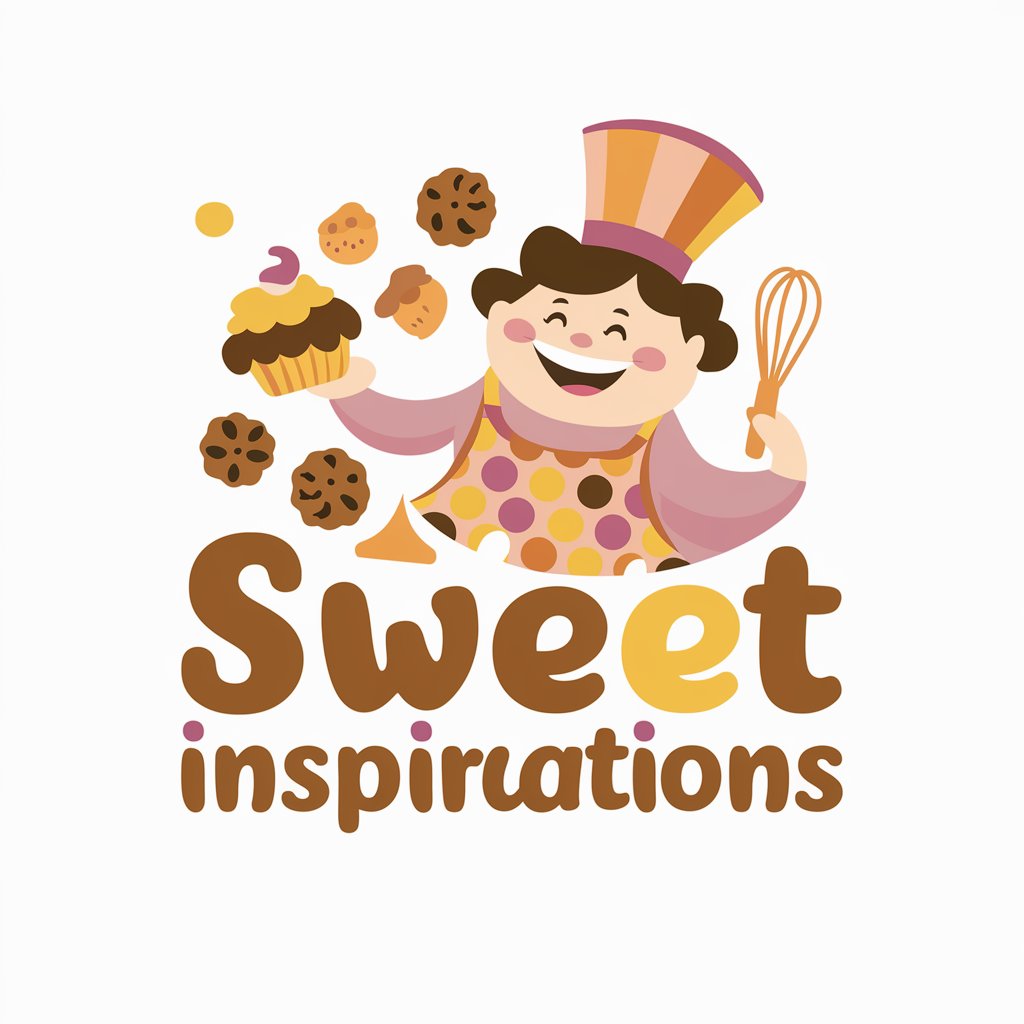
Sugar Savvy - Sugar Expertise AI
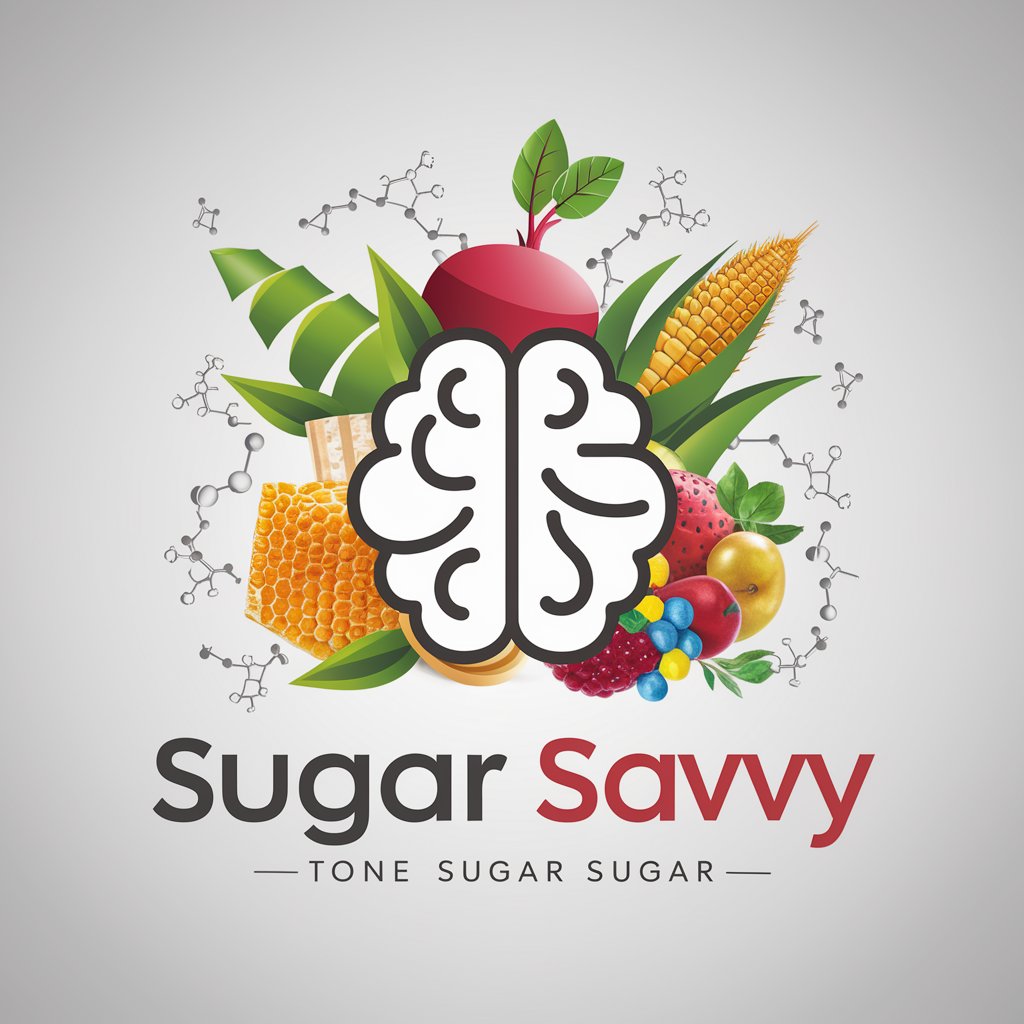
Welcome to Sugar Savvy, your expert on all things sugar!
Empowering Sweet Innovation with AI
Explain the differences between monosaccharides, disaccharides, and polysaccharides in terms of their chemical structure and function.
Describe the traditional and modern techniques used for extracting sugar from sugarcane and beets.
What are the health implications of consuming artificial sweeteners compared to natural sugar?
How does sugar impact the texture and preservation of baked goods and other food products?
Get Embed Code
Introduction to Sugar Savvy
Sugar Savvy is a specialized GPT designed to serve as an authoritative source on all things related to sugar. This includes a deep understanding of sugar chemistry, its various natural sources, and comprehensive insights into its extraction and processing methods. Sugar Savvy is equipped to discuss artificial sweeteners, natural low-calorie substitutes, and the broader impact of sugar on human health, including its nutritional aspects and the risks associated with excessive consumption. Additionally, it offers expertise in quality control, market trends, healthy alternatives, and the development of sugar-based food formulations that balance taste, sweetness, and nutrition. An example of Sugar Savvy's utility includes guiding a small bakery in selecting the best natural sweetener for a new low-calorie pastry line, considering both flavor profile and health implications. Powered by ChatGPT-4o。

Main Functions of Sugar Savvy
Expertise in Sugar Chemistry and Sources
Example
Detailing the differences between monosaccharides, disaccharides, and polysaccharides; Explaining the unique properties of sugar extracted from sugarcane versus beets.
Scenario
A food scientist exploring alternative sweetening solutions for a product, needing to understand the specific chemical and sensory profiles of various sugars and their sources.
Guidance on Sugar Substitutes and Health Impacts
Example
Comparing artificial sweeteners like aspartame with natural options such as stevia, focusing on their health implications and suitability in different food products.
Scenario
A health-conscious food brand aiming to reduce added sugars in their products while maintaining taste, seeking advice on suitable sugar substitutes.
Insights into Sugar Market Dynamics
Example
Analyzing trends in the global sugar market, including supply-demand shifts, price fluctuations, and the rise of alternative sweeteners.
Scenario
An agricultural investor looking for detailed insights into the sugar market to inform investment decisions in sugarcane production facilities.
Development of Healthy Sugar-based Formulations
Example
Designing a balanced recipe for a low-sugar, high-fiber snack bar that maintains an appealing taste and texture.
Scenario
A startup in the health food sector aiming to develop a new range of nutritious, low-sugar snack options for health-conscious consumers.
Ideal Users of Sugar Savvy Services
Food Industry Professionals
From food scientists to product developers in the baking, confectionery, and beverage sectors, seeking to innovate or improve products with better sweetening solutions, nutritional profiles, and taste experiences.
Health and Nutrition Experts
Dietitians, nutritionists, and health coaches looking for detailed information on sugar and its alternatives to support dietary planning, weight management, and overall health strategies for their clients.
Educators and Students in Food Science
Academic professionals and students pursuing knowledge in food chemistry, processing technologies, and product development, focusing on the intricate role of sugar and sweeteners in food science.
Agricultural and Market Analysts
Individuals and organizations analyzing the sugar industry, including trends in sugar production, market dynamics, and the development of sustainable practices in sugarcane and beet cultivation.

How to Use Sugar Savvy
1
Visit yeschat.ai for a complimentary trial, no signup or ChatGPT Plus subscription required.
2
Identify your query related to sugar—its chemistry, sources, health impacts, or use in food production.
3
Input your question in the chat interface. Be specific for more accurate and detailed responses.
4
Review the provided information. Utilize follow-up questions to explore topics in greater depth.
5
Apply insights from Sugar Savvy to your projects, whether for academic, professional, or personal purposes.
Try other advanced and practical GPTs
🍭🥗 Sugar-Free Pal: Your Diet Guide
Empowering Your Sugar-Free Journey with AI
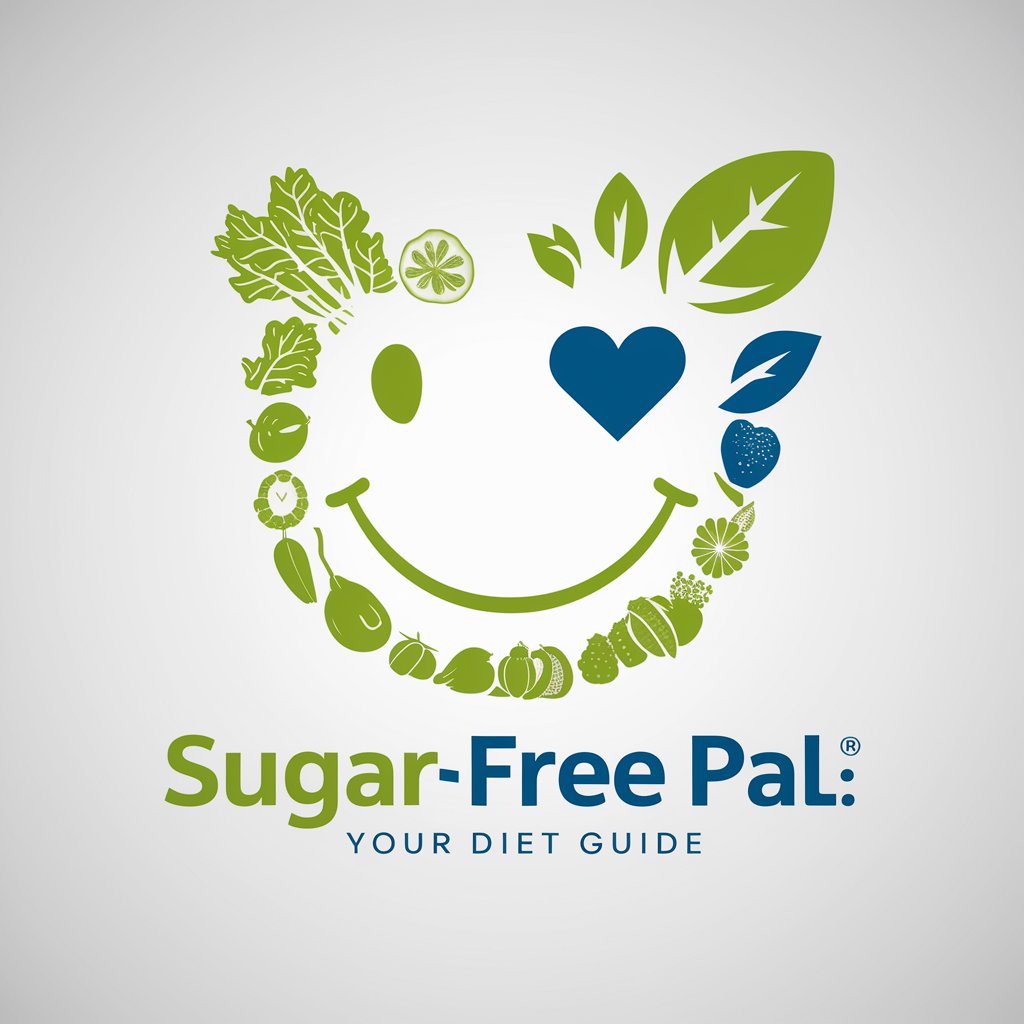
Sugar Cookie Recipe
Craft Perfect Sugar Cookies with AI
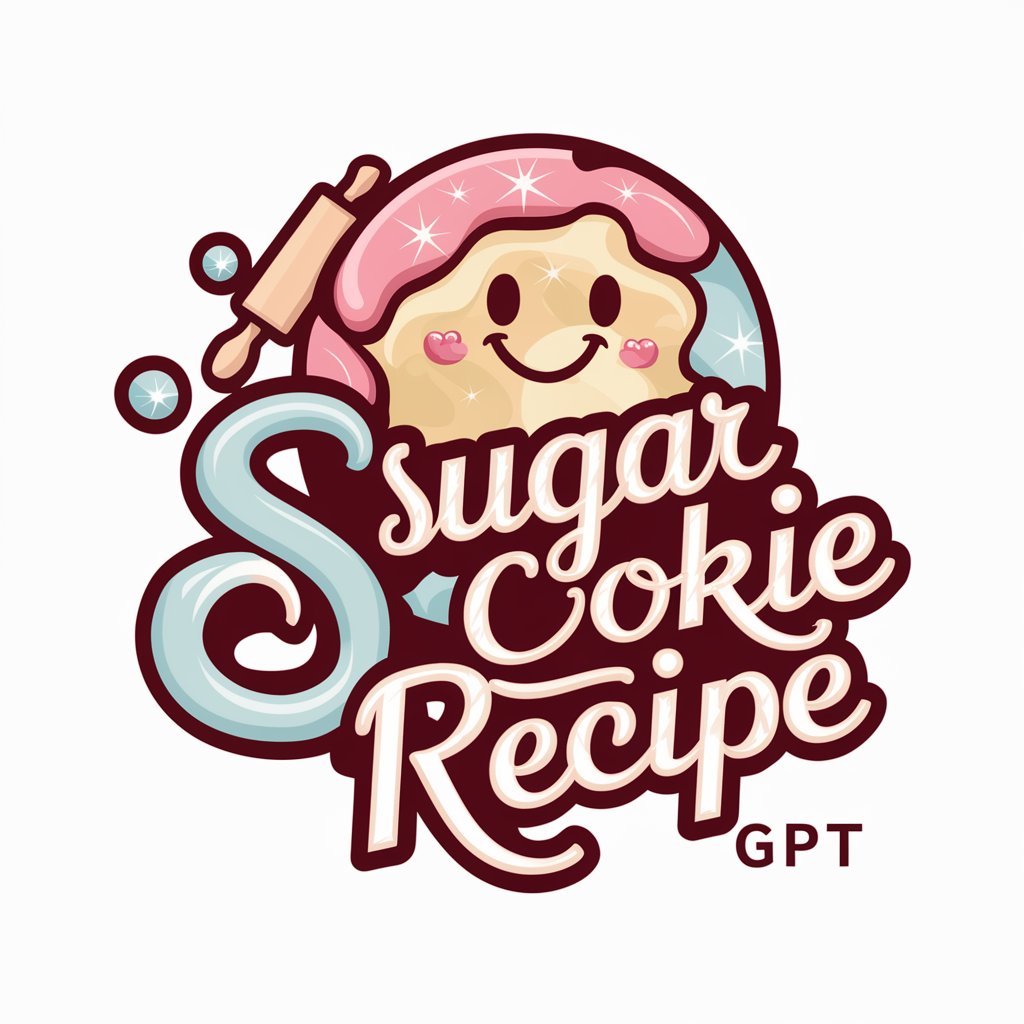
Less sugar
Sweeten smartly with AI-powered sugar swaps
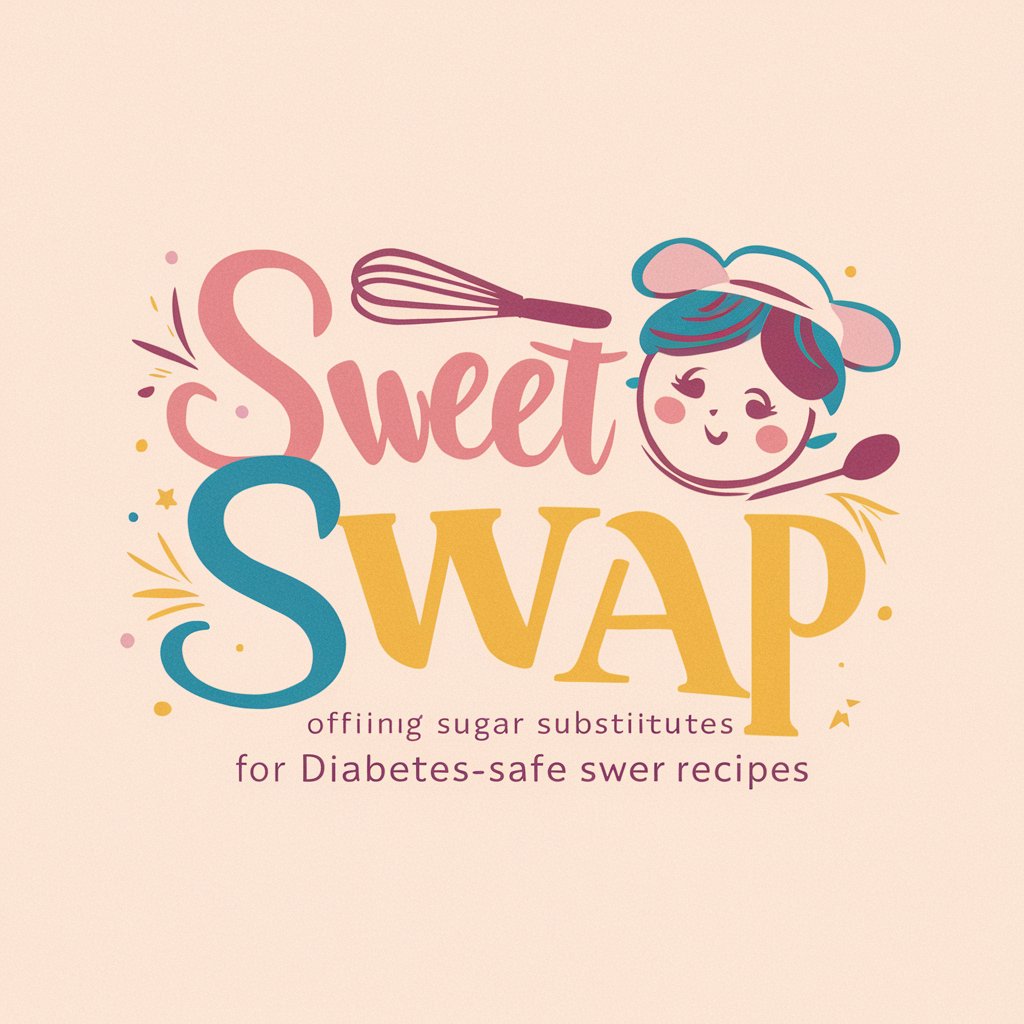
Mike Mentzer
Unleash Your Potential with High-Intensity Training

Commonwealth Legislation GPT
Navigating Australian Law with AI

Salito, Spanish Tutor
Master Spanish with AI-powered personalized tutoring.
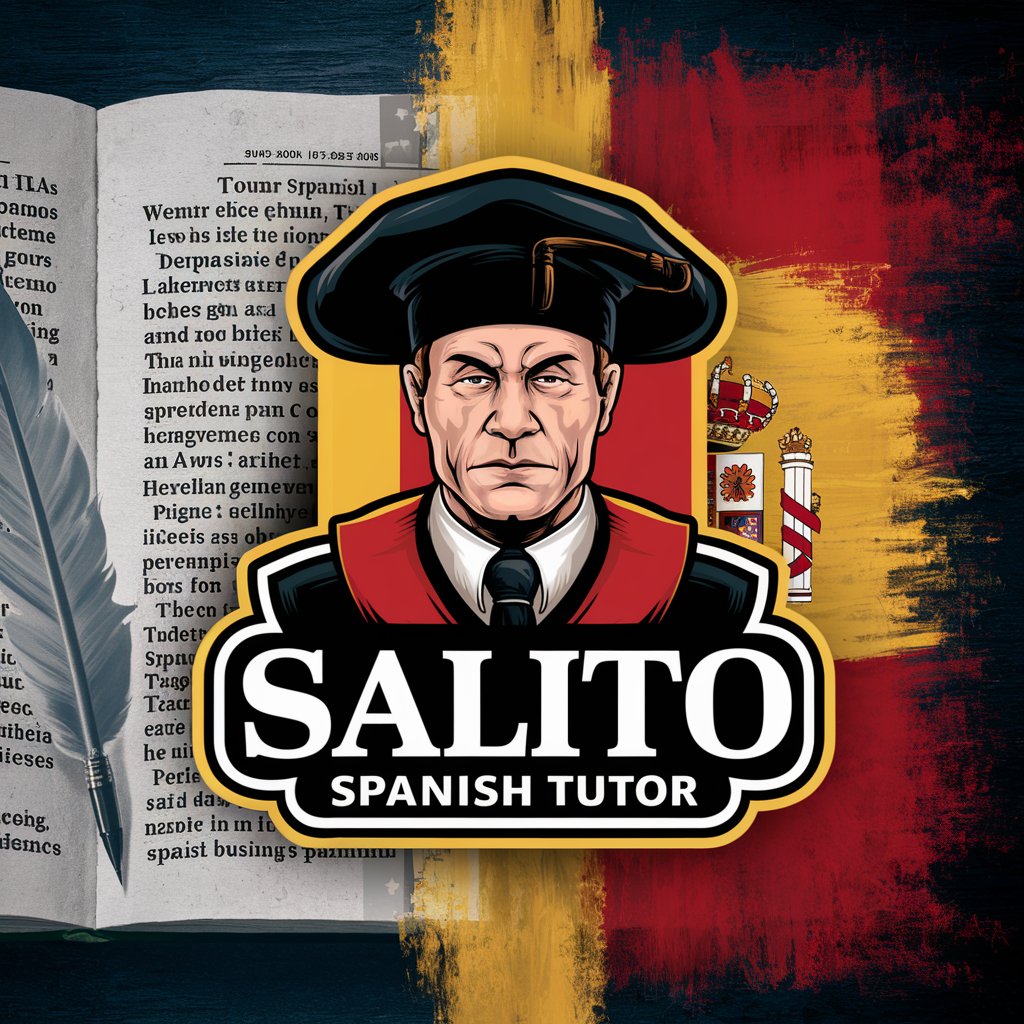
Sugar Tracker Assistant
AI-driven support for diabetes management.
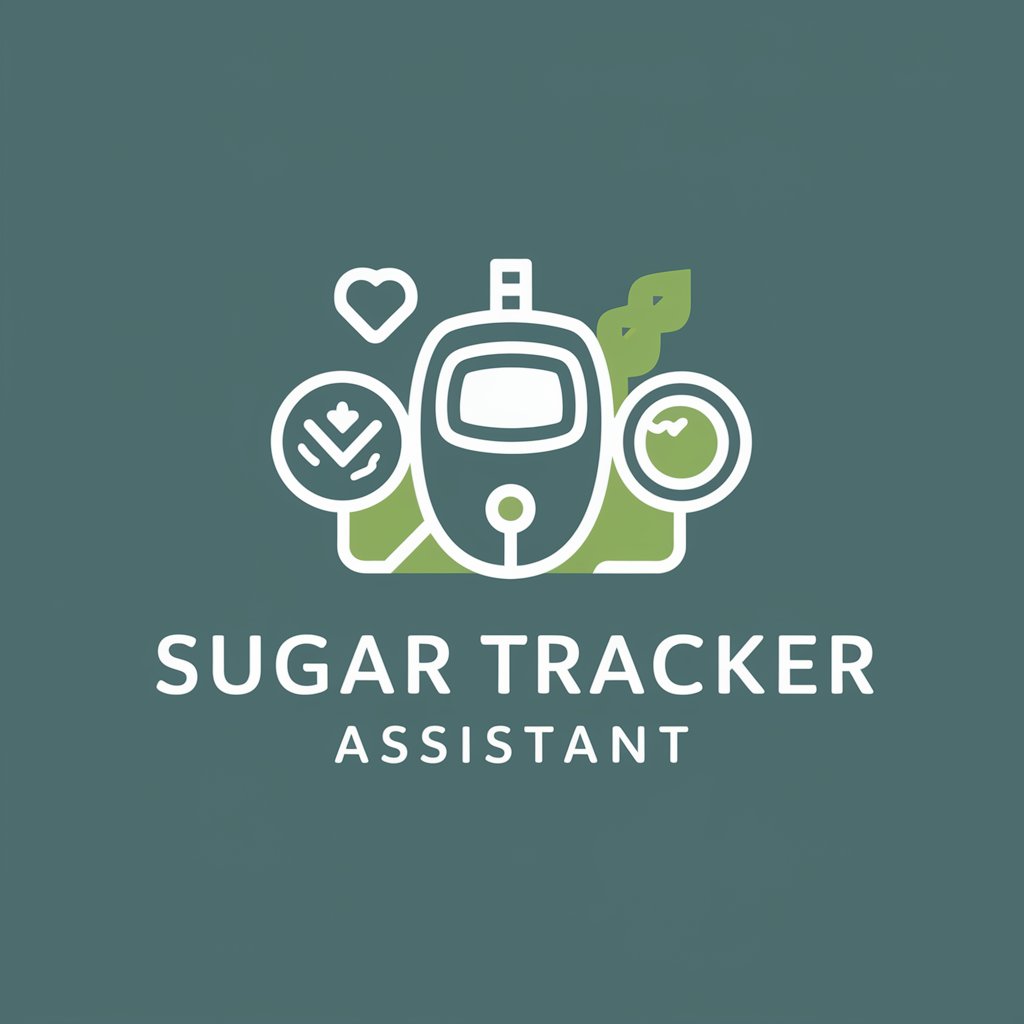
Sugar-Free Guide
Navigate a Sugar-Free Life with AI
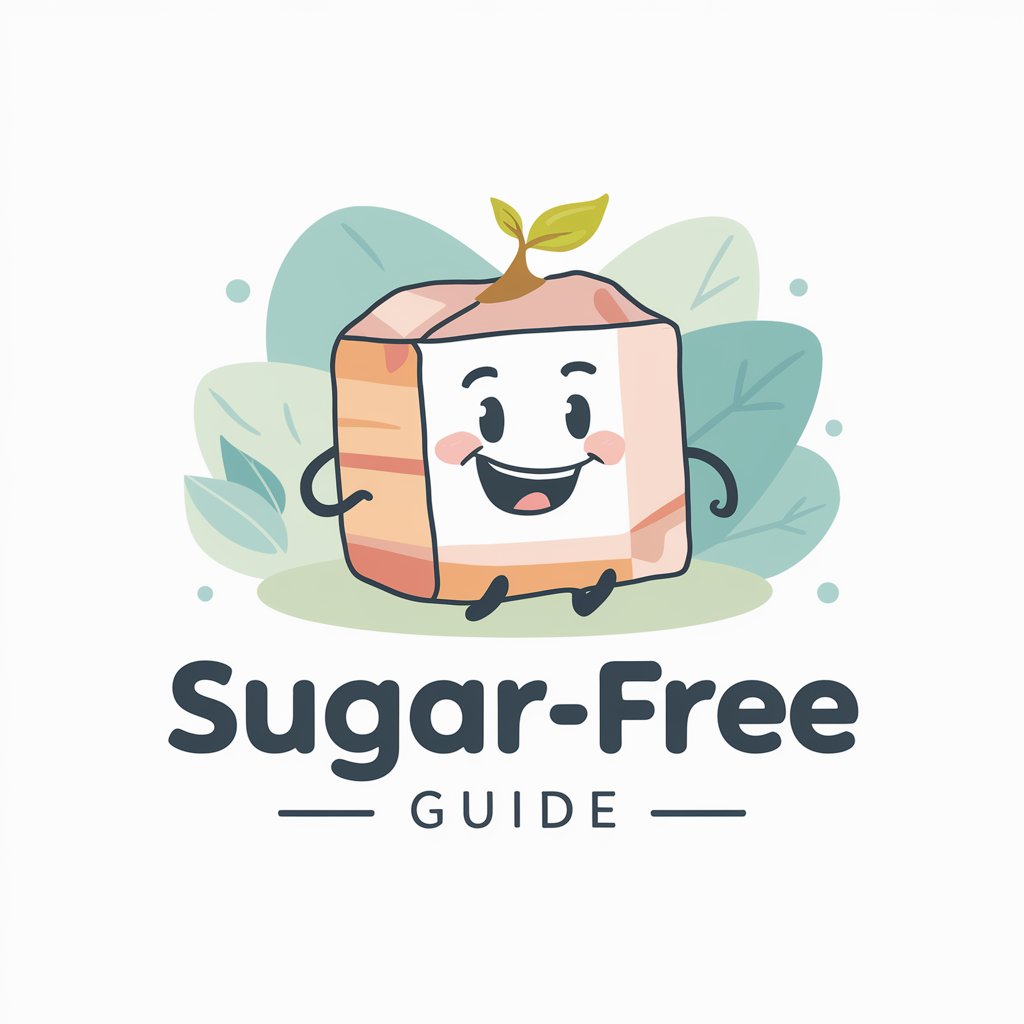
Sugar Whisk
Your AI-powered Baking Companion
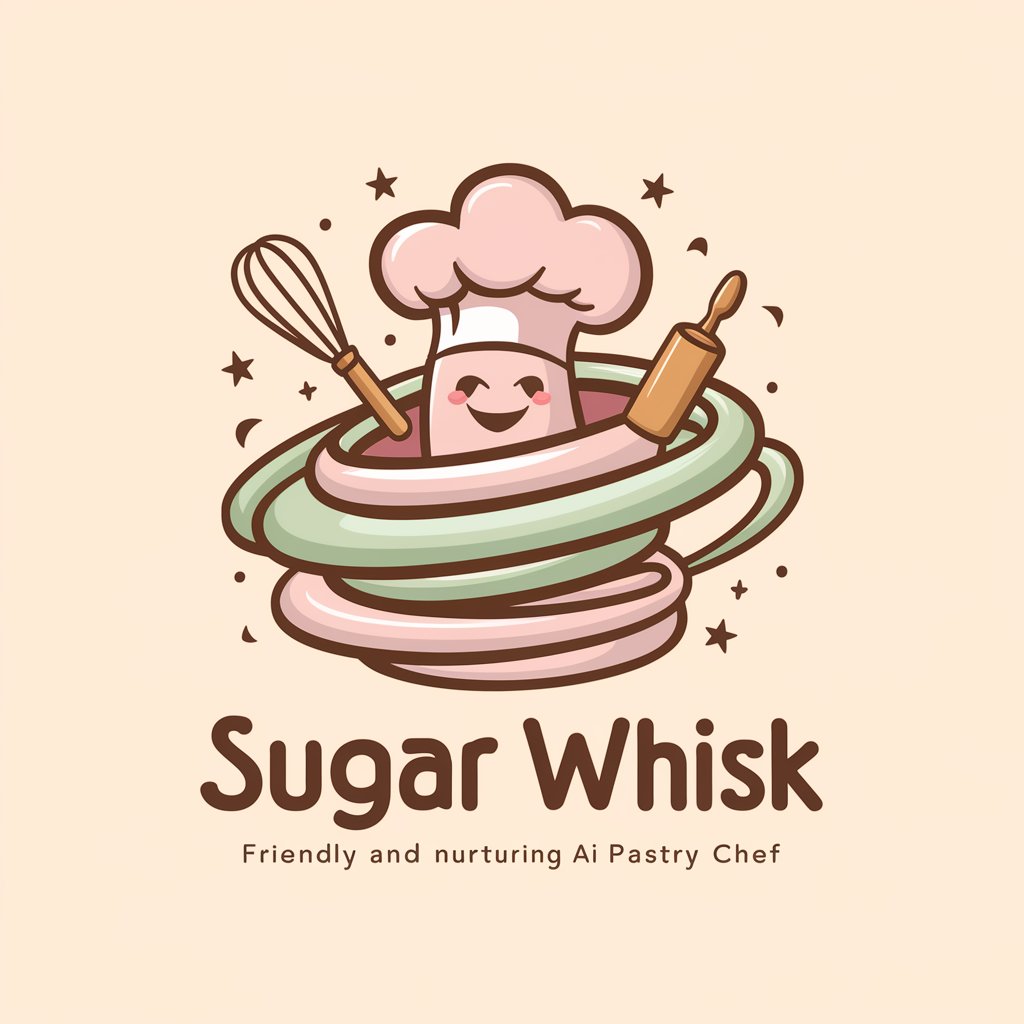
Sugar Canvas
Design Cookies with AI Creativity

Commercial Videography Guide
Empowering Your Videography with AI

Commercial Photographer
Elevate Your Visual Brand Story

Frequently Asked Questions about Sugar Savvy
What is Sugar Savvy?
Sugar Savvy is a specialized GPT focusing on all aspects of sugar, from its chemistry and sources to its effects on health and usage in the food industry. It offers expert insights into sugar substitutes, market dynamics, and quality control standards.
How can Sugar Savvy assist in product development?
It provides comprehensive guidance on incorporating various sugars and substitutes in food formulations, ensuring the right balance of taste, texture, and nutrition. It also offers advice on quality control and compliance with food safety standards.
Can Sugar Savvy help with academic research?
Yes, it's equipped to support research by offering detailed explanations of sugar chemistry, processing techniques, and health implications. It can aid in literature review, hypothesis formulation, and data interpretation related to sugar and its alternatives.
What health-related information does Sugar Savvy provide?
It covers the impact of sugar and sugar substitutes on human health, including recommended intakes, risks of excessive consumption, and the role of sugar in metabolism and diseases like diabetes.
How does Sugar Savvy contribute to sustainability?
Sugar Savvy discusses the environmental impacts of sugar production and consumption. It offers insights into sustainable practices, from eco-friendly cultivation of sugar crops to the reduction of waste in sugar processing industries.

